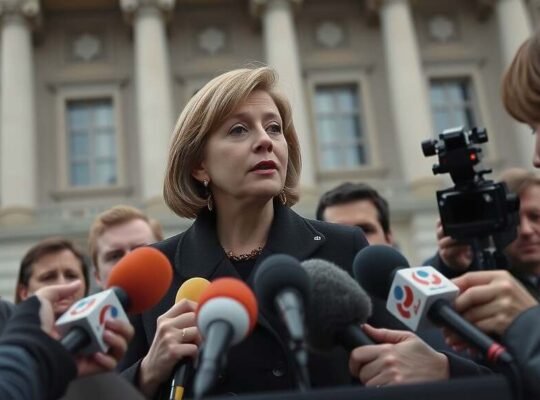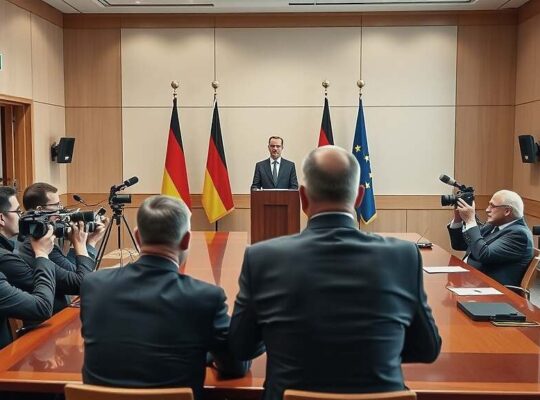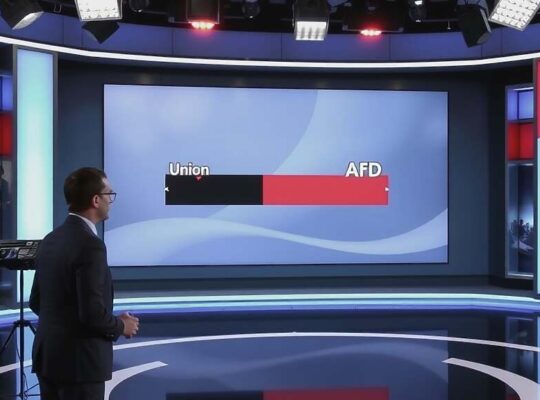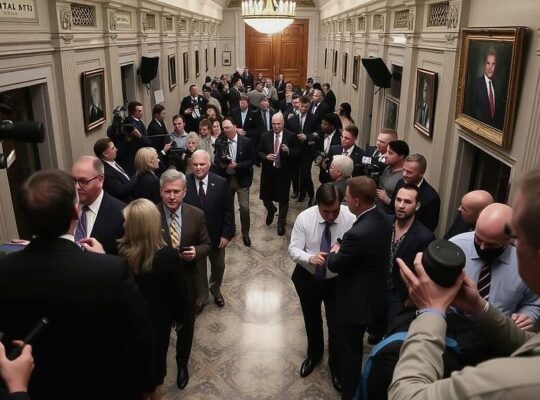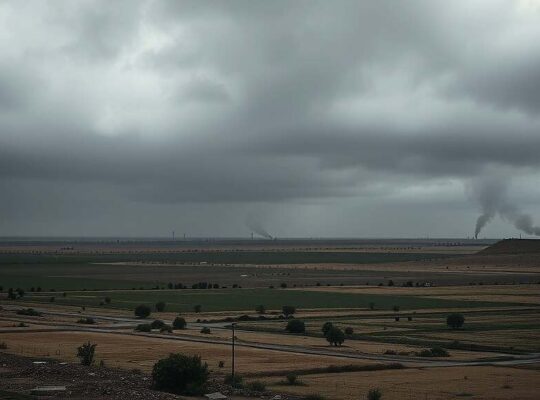A significant shift in public sentiment has been revealed regarding German Foreign Minister Johann Wadephul, according to a recent Forsa poll commissioned by “Der Stern” magazine. The survey, conducted November 6th and 7th, 2025, indicates a marked decline in approval ratings for the CDU politician, prompting questions about his leadership and foreign policy approach.
Only 40% of Germans now express satisfaction or strong satisfaction with Wadephul, representing an eleven-percentage-point drop from July 2025. Conversely, the proportion of those expressing dissatisfaction or outright disapproval has risen sharply to 49%, a significant increase from the 40% registered earlier this year. A further 11% were unable to form an opinion. Notably, Wadephul’s recognition has increased, with 76% of respondents now claiming familiarity with the minister – a 15-percentage-point increase suggesting greater public exposure to his pronouncements.
The decline in approval is particularly pronounced within Wadephul’s own conservative base. While 60% of CDU/CSU voters still express satisfaction, this represents a substantial fifteen-percentage-point decrease compared to July. Surprisingly, Wadephul maintains a degree of cross-party appeal. A notable 60% of SPD voters and 53% of Green Party supporters remain satisfied, suggesting a perception of moderate positioning or a generational disconnect from his more recent controversial statements.
However, the most critical assessment comes from opposition parties. A clear majority (56%) of Left Party voters and a resounding 81% of AfD supporters express dissatisfaction with Wadephul’s performance. This underscores the widening political chasm and the deep ideological divisions within the German political landscape.
The recent controversy surrounding Wadephul’s remarks regarding the potential return of refugees to Syria appears to have significantly contributed to the erosion of public trust. While intended, perhaps, to signal a firm stance on border control and integration, the comments were widely condemned as insensitive and unrealistic, particularly given the ongoing instability within Syria. The fallout prompted internal criticism within the CDU, highlighting the delicate balance between hawkish rhetoric and pragmatic diplomacy.
The Forsa data, based on a sample of 1,002 respondents, raises questions about the sustainability of Wadephul’s current course and the potential for a recalibration of German foreign policy priorities. Whether he can effectively regain public favor and navigate the complex geopolitical challenges ahead remains to be seen.



